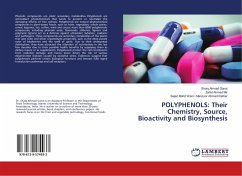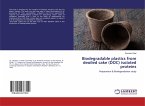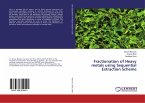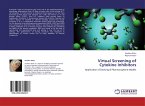Phenolic compounds are plant secondary metabolites. Polyphenols are antioxidant phytochemicals that tends to prevent or neutralize the damaging effects of free radicals. Polyphenols are natural phytochemical compounds in plant-based foods, such as fruits, vegetables, whole grains, cereal, legumes, tea, coffee, wine and cocoa; more than 8000 polyphenolic compounds, including phenolic acids, flavonoids, stilbenes, lignans and polymeric lignans act as a defense against ultraviolet radiation, oxidants and pathogens. These compounds are secondary metabolites of the plants that give color and other organoleptic properties, such as the deep purple color of blueberries and the smell of garlic. Due to their widespread distribution, they have attracted the attention of nutritionists in the last few decades due to their possible health benefits by supplying them as dietary inputs or as supplements. Polyphenols protect the cell constituents from oxidative damage and hence lower down the risk of various degenerative diseases caused by oxidative stress. Evidences suggest that polyphenols perform certain biological functions and interact with signal transduction pathways and cell receptors.








